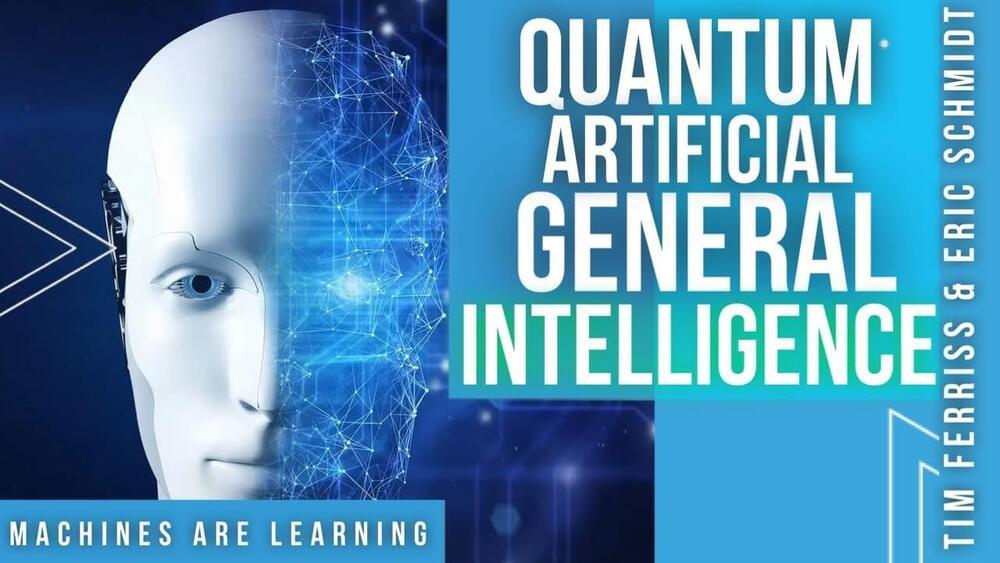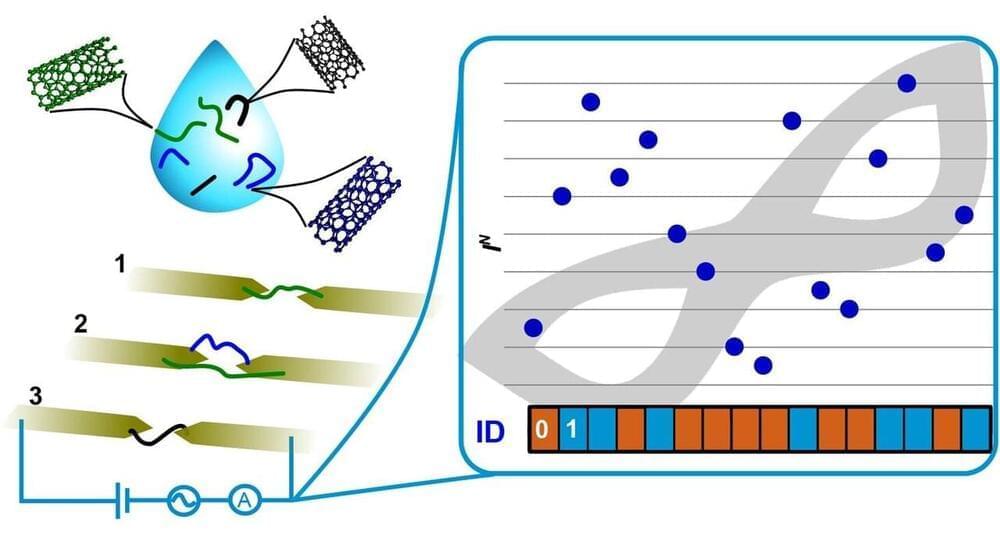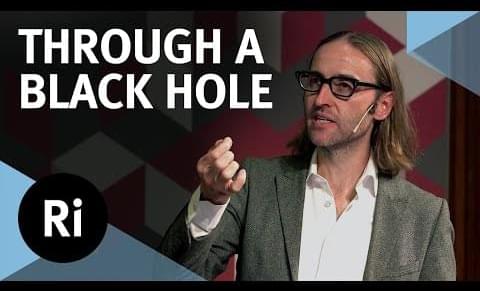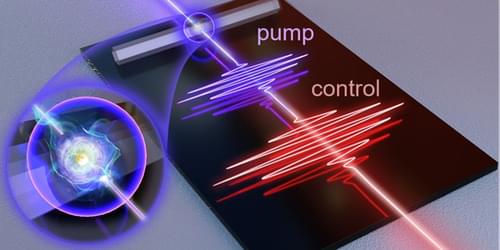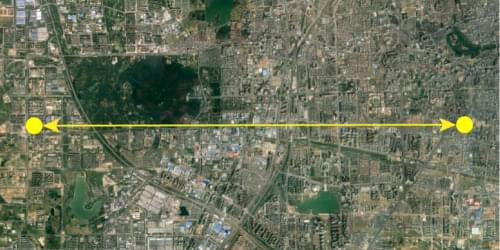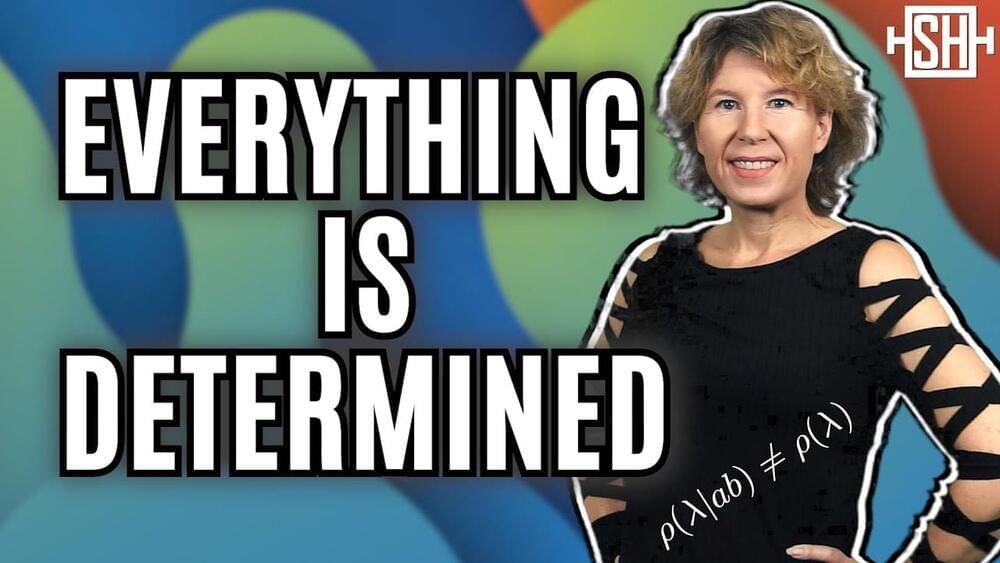Jul 30, 2022
Artificial General Intelligence | Tim Ferriss & Eric Schmidt | GEONOW
Posted by Dan Breeden in categories: information science, quantum physics, robotics/AI
https://www.youtube.com/watch?v=VFuElWbRuHM&feature=share
✅ Subscribe: https://bit.ly/3slupxs.
Quantum AI is the use of quantum computing for computation of machine learning algorithms. Thanks to computational advantages of quantum computing, quantum AI can help achieve results that are not possible to achieve with classical computers.
Quantum data: Quantum data can be considered as data packets contained in qubits for computerization. However, observing and storing quantum data is challenging because of the features that make it valuable which are superposition and entanglement. In addition, quantum data is noisy, it is necessary to apply a machine learning in the stage of analyzing and interpreting these data correctly.
Continue reading “Artificial General Intelligence | Tim Ferriss & Eric Schmidt | GEONOW” »
